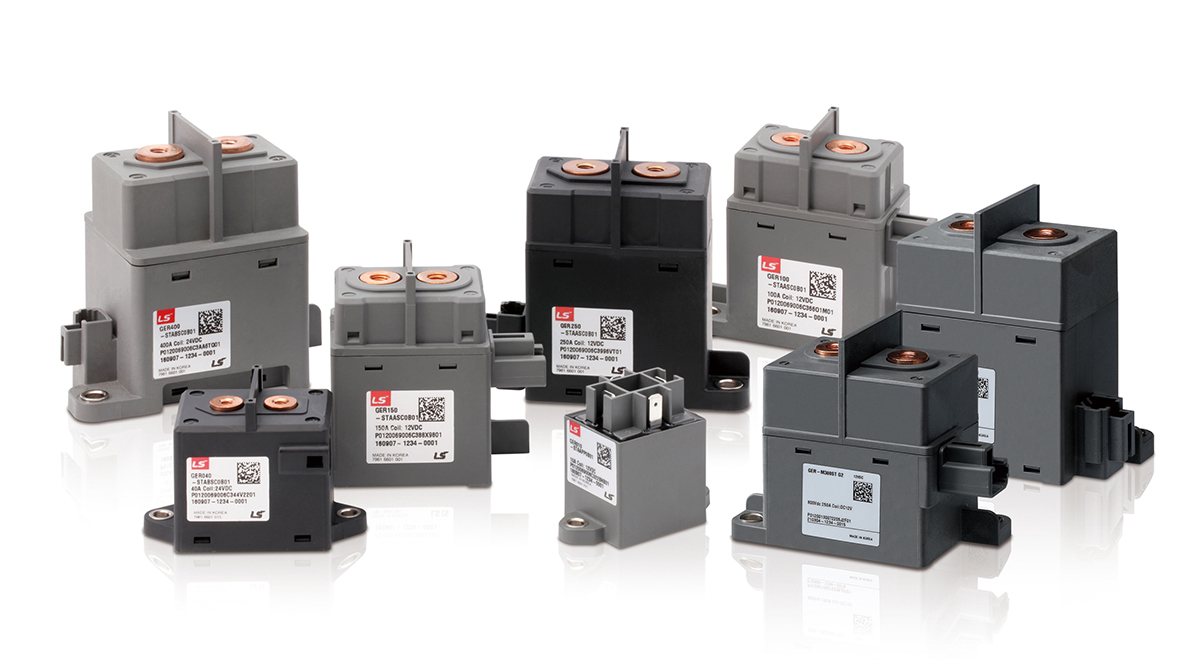 |
LS e-Mobility Solutions’ EV Relay (LS e-Mobility Solutions) |
LS e-Mobility Solutions, an electric vehicle parts manufacturer under LS Electric, said Tuesday it has clinched a deal with Hyundai and its smaller affiliate Kia to supply EV battery management components worth 250 billion won ($186.5 million).
The company’s products, called EV Relay, are used to maintain the safe operation of batteries in EVs by transferring battery current to inverters, while shutting it down in case of fire or current voltage overload.
The company plans to supply EV Relay for Hyundai and Kia’s electric car lineups starting from next year.
“We are looking forward to strengthening business ties with Hyundai and Kia, the world’s third-largest automaker, who are ramping up the transition to electrification,” the company said in a statement.
After adding the supply deal with the two carmakers, LS e-Mobility Solutions has secured up to a total of 1 trillion won in deals since April last year, when it became a subsidiary of LS Electric. Its other key clients include General Motors, Renault, Daimler, Volkswagen, Volvo and Porsche.
The company will also build an EV parts manufacturing plant in Durango, Mexico, by the end of the year. Under the deal worth 530 billion won, LS e-Mobility Solutions plans to supply EV Relay and battery eliminator circuit modules -- a product that combines EV Relay, a current sensor, a fuse and charging system -- for Ford Motor Company for the next five years.
Ford had reportedly requested LS to set up production facilities in Mexico to secure a stable EV supply chain in North America, sources said.
The Mexican plant is also a way to brace for protectionist policies by foreign governments like the US’ Inflation Reduction Act, according to LS e-Mobility Solutions.
“Our plant in North America will play a key role for the company to foray into the global EV market and bolster business ties with auto giants such as GM, Ford and Stellantis,” it added.
Following the Biden administration’s commitment to sustainable transportation, the number of EVs in the North American market is expected to grow from last year’s 750,000 units to 2.03 million units in 2025 and 6.02 million units in 2030.







